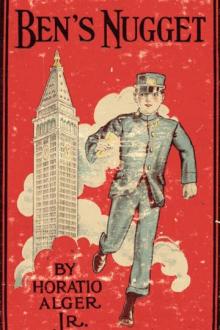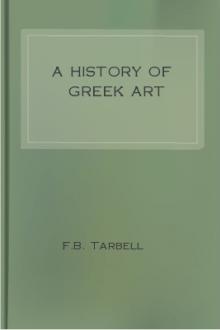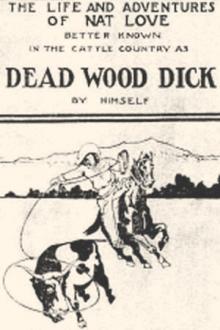Genre History. Page - 8
No registration or authorisation! And it is all for free!

ere at present living.Besides carrying out the wishes of his patroness, Ben intended to try his hand at mining, and had employed the interval of three weeks since he discovered Mr. Dewey in working the latter's claim, with the success already referred to. The time when the two friends are introduced to the reader is at the close of the day, when, fatigued by their work on the claim, they are glad to rest and chat. Mr. Bradley has a pipe in his mouth, and evidently takes considerable comfort in

assassination plot, and were as vehement of their denunciations of its authors as were the Whigs, remained staunch in their fidelity to "the king over the water," maintaining stoutly that his majesty knew nothing whatever of this foul plot, and that his cause was in no way affected by the misconduct of a few men, who happened to be among its adherents.At Lynnwood things went on as usual. Charlie continued his studies, in a somewhat desultory way, having but small affection for books;

f a figment of the imagination and no one knew that better than the Company itself. It still retained its monopoly nominally, but it made very little effort to restrain the half-breed and other "free traders" who opened up stores and bartered for furs with the Indians. In any case in one form or other all the trade of the country practically came, in the last analysis, through the Hudson's Bay Company, who controlled the money market by having their own bills in circulation. But the

The Civilization which we of to-day enjoy is a very complex thing, made up of many different contributions, some large and some small, from people in many different lands and different ages. To trace all these contributions back to their sources would be a task impossible of accomplishment, and, while specific parts would be interesting, for our purposes they would not be important. Especially would it not be profitable for us to attempt to trace the development of minor features, or to go back

ster's "Denkmaler des klassischen Altertums," they have been credited to their original sources. A few architectural drawings were made expressly for this work, being adapted from trustworthy authorities, viz.: Figs. 6, 51, 61, and 64. There remain two or three additional illustrations, which have so long formed a part of the ordinary stock-in trade of handbooks that it seemed unnecessary to assign their origin.The introductory chapter has been kindly looked over by Dr. J. H.

f making a wrong deduction from the phenomenonof the calcination of the metals, because of a very importantfactor, the action of the air, which was generally overlooked.And he urged his colleagues of the laboratories to give greaterheed to certain other phenomena that might pass unnoticed in theordinary calcinating process. In his work, The Sceptical Chemist,he showed the reasons for doubting the threefold constitution ofmatter; and in his General History of the Air advanced some noveland

reedom of its people.[Illustration: My First Drunk] Some of the slaves, like us, had kind and indulgent masters. These were lucky indeed, as their lot was somewhat improved over their less fortunate brothers, but even their lot was the same as that of the horse or cow of the present day. They were never allowed to get anything in the nature of education, as smart negroes were not in much demand at that time, and the reason was too apparent, education meant the death of the institution of

833- -Confirmation of Chladni's hypothesis of 1794--The aurora borealis--Franklin's suggestion that it is of electrical origin--Its close association with terrestrial magnetism--Evaporation, cloud-formation, and dew--Dalton's demonstration that water exists in the air as an independent gas--Hutton's theory of rain--Luke Howard's paper on clouds--Observations on dew, by Professor Wilson and Mr. Six--Dr. Wells's essay on dew--His observations on several appearances connected with dew--Isotherms

was any sudden change in the level of mentality of the Roman world at the close of the classical period. We must assume, then, that the direction in which the great minds turned was for some reason changed. Newton is said to have alleged that he made his discoveries by "intending" his mind in a certain direction continuously. It is probable that the same explanation may be given of almost every great scientific discovery. Anaxagoras could not have thought out the theory of the moon's

re we changed our seven-shilling piece, and had a pint of small beer to help us in again lightening our bundle; and, after about an hour's rest, proceeded on for Poole, about nine miles from Wareham. We felt very tired, but still walked on, and gained our destination at a very late hour, owing to which we had some trouble in obtaining a lodging for the remaining part of the night; but at last we found one in a public house, where we finished our bread and bacon, together with some more beer,